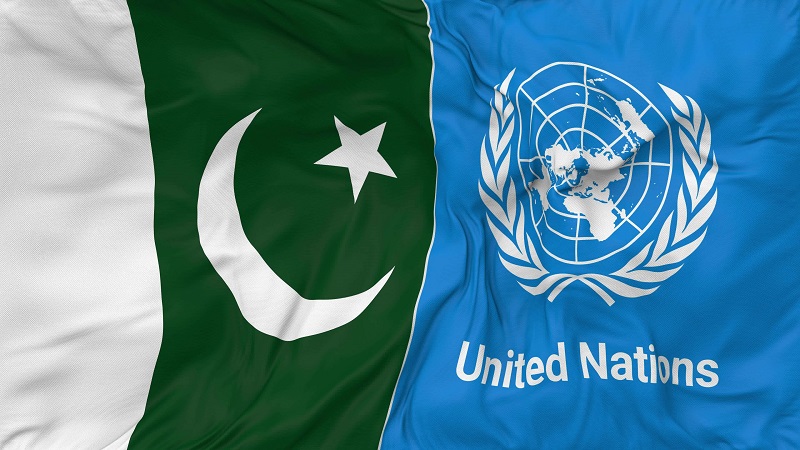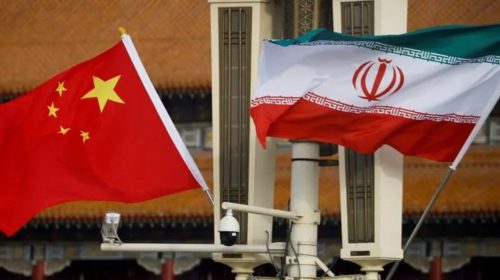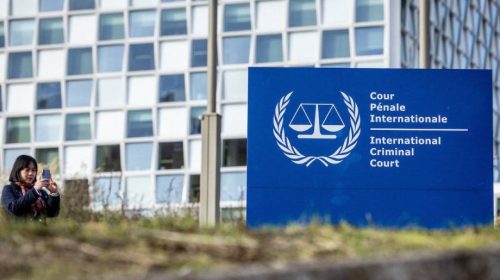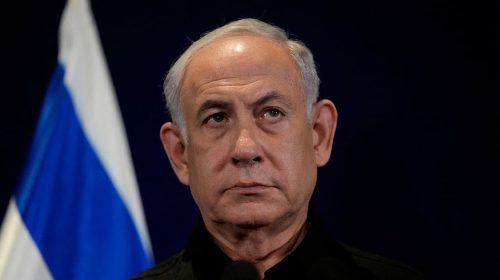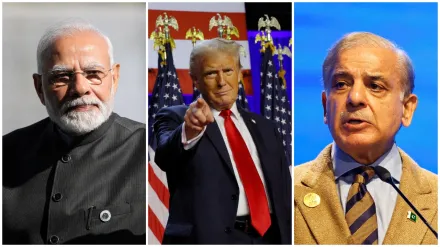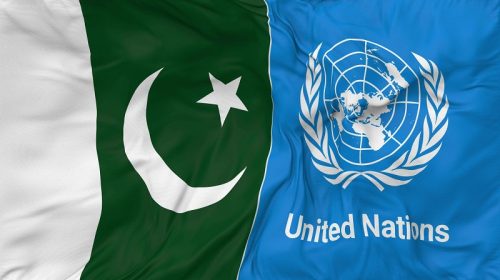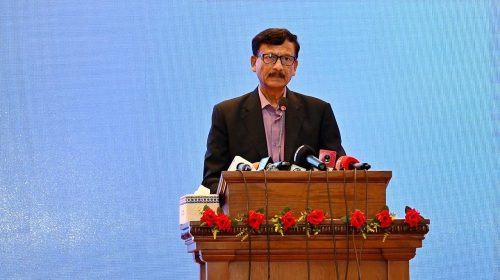Pakistan’s Permanent Representative to the United Nations, Ambassador Munir Akram, emphasized that lasting peace in South Asia is impossible without a resolution to the Kashmir dispute. Speaking at a press briefing at the UN Security Council on Tuesday (May 6), he stated that the long-standing Kashmir conflict remains unresolved and continues to be the core issue between Pakistan and India.
Following the recent terrorist attack in Pahalgam, Pakistan expressed deep concern over India’s actions, which, according to Akram, have endangered regional peace and stability.
He stressed that the Kashmir issue must be settled in accordance with the aspirations of the Kashmiri people, and their inclusion in any peaceful resolution process is essential.
Ambassador Akram accused Indian forces of human rights violations and oppression against innocent civilians in Kashmir. He reiterated Pakistan’s clear stance that it had no involvement in the Pahalgam incident and is fully prepared to support a transparent, impartial, and international investigation.
He also reminded the international community of Pakistan’s sacrifices in the global war against terrorism, where the country has lost more than 90,000 lives.
Furthermore, Akram reaffirmed Pakistan’s commitment to preserving its sovereignty and territorial integrity, asserting its right to self-defense. He voiced strong concern over India’s potential move to revoke the Indus Waters Treaty, calling it a violation of international law.
The ambassador concluded by underlining that the implementation of UN resolutions is crucial for ensuring regional peace.
At the start of the Security Council session, UN Assistant Secretary-General Khaled Khiari briefed members on the situation.
Previously, UN Secretary-General António Guterres urged both India and Pakistan to exercise maximum restraint, warning that the risk of military escalation is growing and could spiral out of control.
Guterres also condemned the April 22 terrorist attack in Pahalgam, stating that targeting civilians is completely unacceptable and that those responsible must be held accountable.

